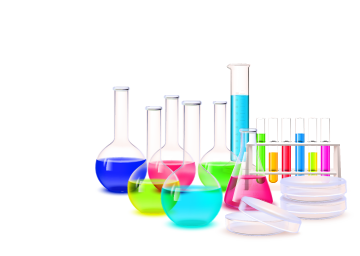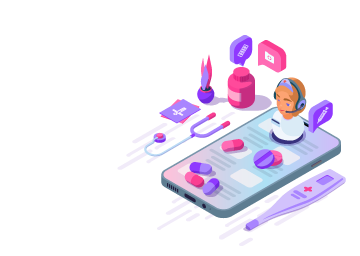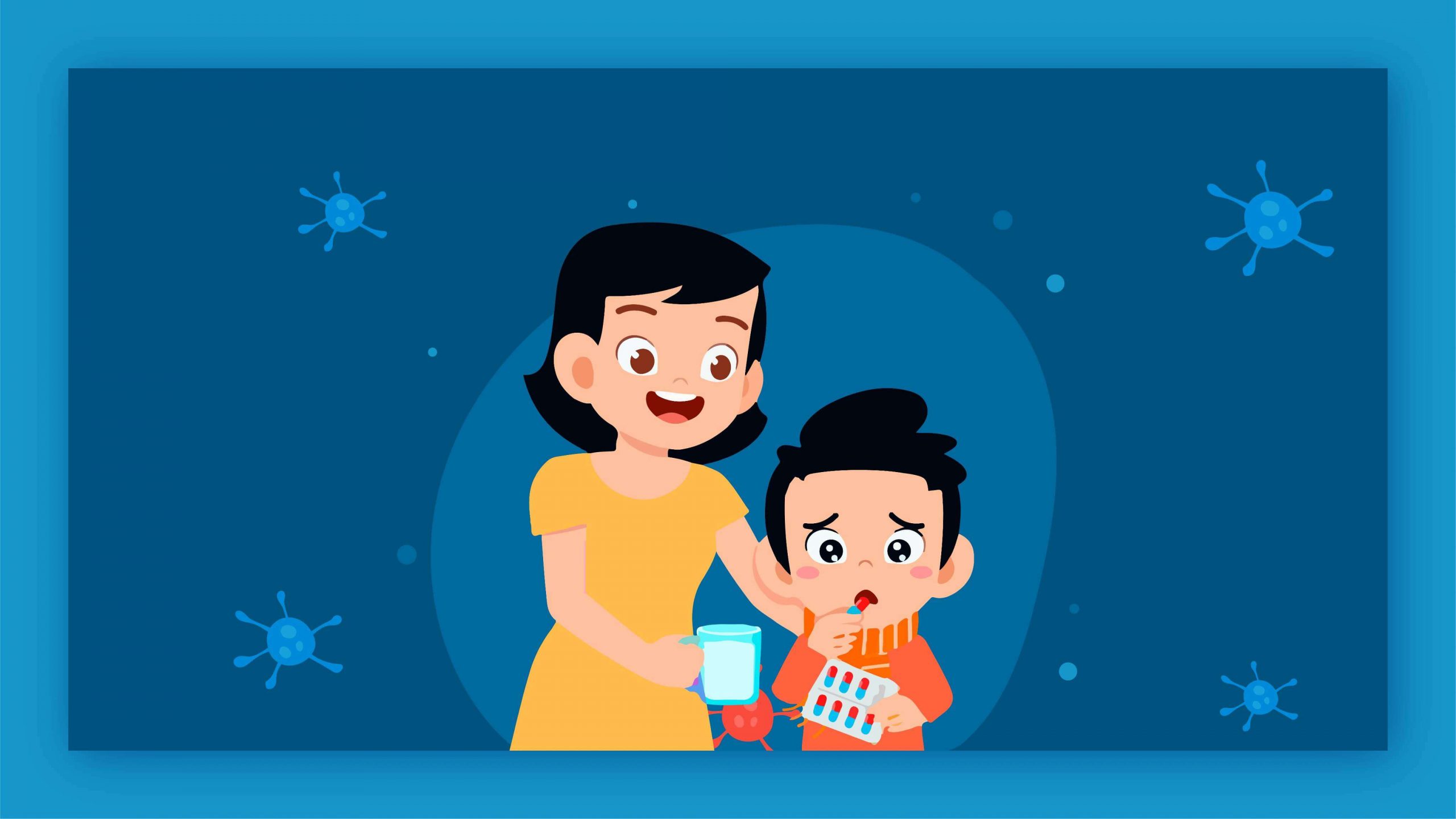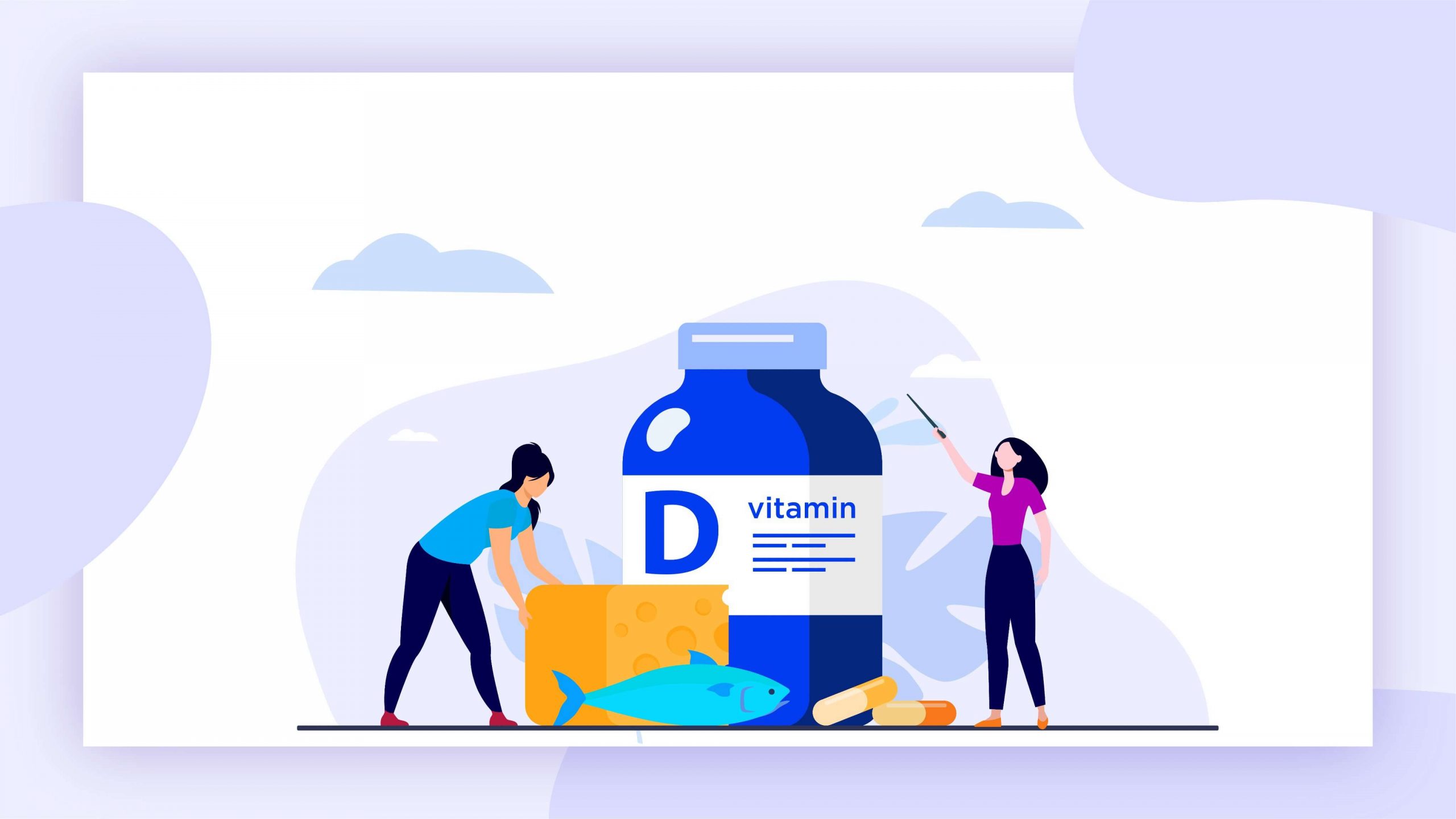As a busy bee, you may prioritize work, among other things, including your health. Aside from the usual diseases, nutrient deficiency is a common health issue that you can neglect or take with little importance. You’re only reminded to focus on your wellness once you start to feel symptoms of certain illnesses.
Busy lifestyles focused on financial gains have been the culprit in undermining the effects of overworking the body and mind. It’s important that you consider overall wellness to enjoy what you truly worked hard for.
You need a significant amount of nutrients to function every day. Aside from the essential vitamins and minerals, the body can’t produce every nutrient you need. You have to obtain them through a proper diet. While having a balanced diet is the best way to go, the 2020-2025 Dietary Guidelines for Americans reported that people in the U.S. consume fewer nutrients such as vitamin D and potassium due to unhealthy habits, diseases, or intake of medications.
The first step in preventing nutrient deficiencies is knowing the common vitamins and minerals you usually under-consume. Here are some common nutrient deficiencies and how best to stop them.
Table of Contents
1. Iron deficiency
One of the most common nutrient deficiencies is iron deficiency which more than 30% of people worldwide experience.
As an essential component of red blood cells or hemoglobin, having insufficient iron in the body may cause you to have anemia. Some symptoms are extreme fatigue, headache, dizziness, chest pain, and pale skin.
To prevent having low iron intake, you must change your diet and focus on consuming the best dietary sources of heme and non-heme iron. The body easily absorbs heme-iron. You can get it from food such as lean meat and seafood, while non-heme iron includes beans, nuts, and vegetables.
2. Calcium deficiency
As a vital component for bone maintenance and growth, less calcium intake may cause hypocalcemia with the following symptoms: fatigue, muscle cramps or weakness, poor memory, dry skin, and brittle nails. Some individuals at risk of hypocalcemia are postmenopausal women, vegetarians, and those with lactose intolerance.
Some of the richest sources of calcium are boned fish, dairy products like low-fat yogurt and milk, and dark green vegetables like broccoli and spinach.
3. Iodine deficiency
A minuscule amount of iodine in your diet may cause hypothyroidism and goiter as its the mineral essential for thyroid production. As a hormone helpful in brain development, muscle control, and bone maintenance, iodine deficiency may cause severe harm, especially in children with developmental abnormalities.
Some symptoms of iodine deficiency are muscle weakness, fatigue, impaired memory, increased sensitivity to cold, and irregularity in menstrual periods.
The best way to combat iodine deficiency is to consume fish, eggs, dairy products, and seaweed, the richest source of iodine.
4. Magnesium deficiency
Magnesium is a key mineral in bodily functions, particularly bone and tooth structure. A low magnesium intake causes vomiting, fatigue, loss of appetite, seizures, irregular heartbeat, and worst, cardiac arrest. Aside from inadequate dietary intake, drug use, chronic alcoholism, and certain diseases can cause magnesium deficiency. Individuals at risk of having this deficiency are those with alcohol dependence, GI disease, type 2 diabetes, and older adults.
Foods rich in magnesium like nuts, whole grains, leafy vegetables, and brown rice can combat magnesium deficiency.
5. Zinc deficiency
Zinc is a micronutrient vital for various functions such as wound healing and immune function. Since your body doesn’t store excess zinc, you can only obtain it from your daily diet. Less zinc intake may cause diarrhea, nausea, slow wound healing, and a weakened immune system, among other symptoms.
Zinc deficiency is more usual in developing countries such as South Asia, sub-Saharan Africa, and Central America. It may be caused by alcoholism and other diseases like diabetes, chronic kidney disease, and sickle cell disease.
Increasing intake of oysters, red meat, seeds, and nuts can prevent zinc deficiency and other life-threatening complications that come with it.
6. Vitamin A deficiency
Vitamin A is important in forming and maintaining healthy skin, teeth, and bones and producing eye pigments. Vitamin A deficiency is widespread in developing counties like Africa and Southeast Asia and is one of the leading causes of blindness. People at risk of developing Vitamin A deficiency are lactating women, infants, children, and those suffering from cystic fibrosis and GI disorders.
Some of its effects are irreversible, so the best way to avoid this deficiency is to consume enough vitamin A from sweet potatoes, beef livers, and spinach.
7. Vitamin B-complex deficiency
Vitamin B-complex combines different B vitamins such as B1, B3, B7, and B12. A deficiency in any B vitamins can cause severe complications. Some are emotional disorders and nerve, heart, and muscle problems. Pregnant women and individuals with alcohol use disorder risk experiencing vitamin B-complex deficiency.
Including foods rich in B vitamins, such as salmon, chicken, brown rice, avocado, and eggs, can help prevent such deficiency. Remember that your body can’t store B vitamins, so it has to be replenished through diet.
8. Vitamin D deficiency
Vitamin D serves as a steroid hormone. Individuals in the United States and those far from the equator are likely to have vitamin D deficiency from minimal sunlight exposure. People with this deficiency may experience symptoms like muscle weakness, bone pain, myalgia, and even growth delays for children.
You can’t obtain a sufficient amount of vitamin D from diet alone. Regular exposure to sunlight is still a must as it’s an excellent way of maintaining healthy vitamin D levels. However, you can still include foods like salmon, canned tuna fish, egg yolks, and milk in your diet to meet the daily vitamin D requirement.
Wrapping Up
Lifestyle changes are the best way to prevent health complications. Looking out for your body from the inside is better than focusing on the outside. Not all people have the same nutritional requirements, so it’s better to consult a doctor or nutritionist to determine the appropriate amount. Your doctor may also require you to take dietary supplements to treat some nutritional deficiencies.

 Login/Register
Login/Register









.png)
Be the first to comment on "8 Most Common Nutrient Deficiencies and How to Prevent Them"